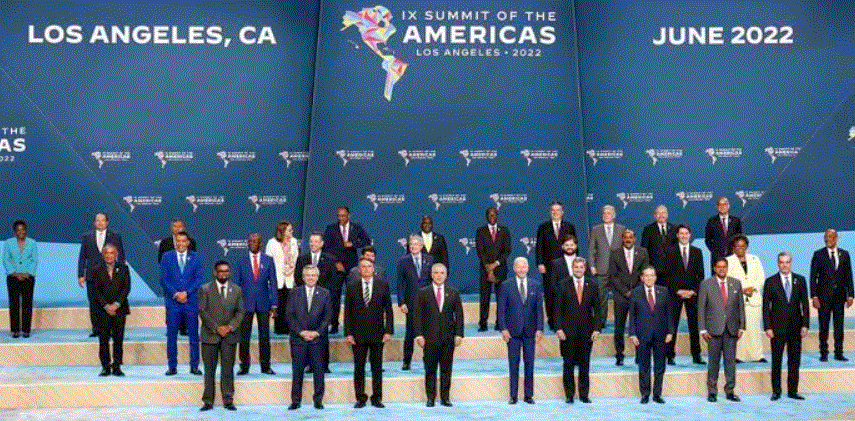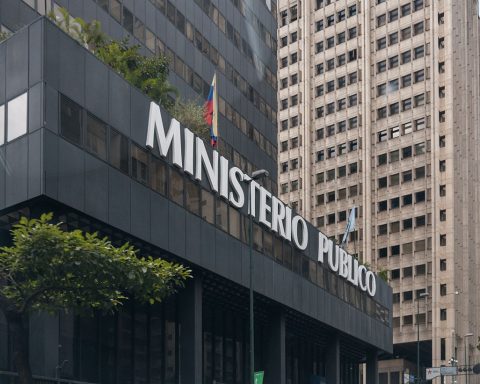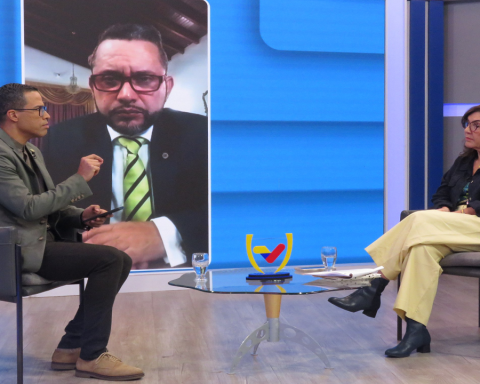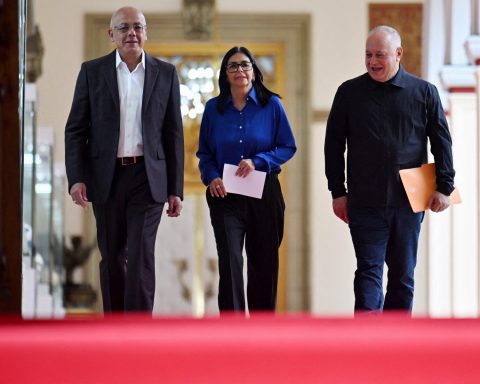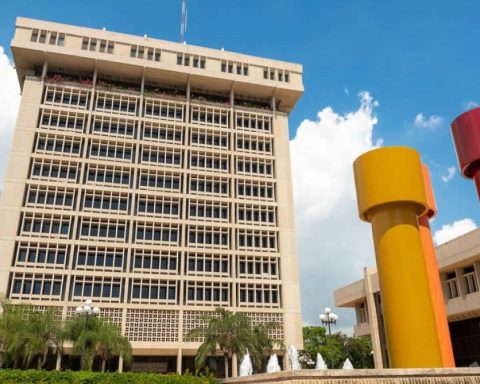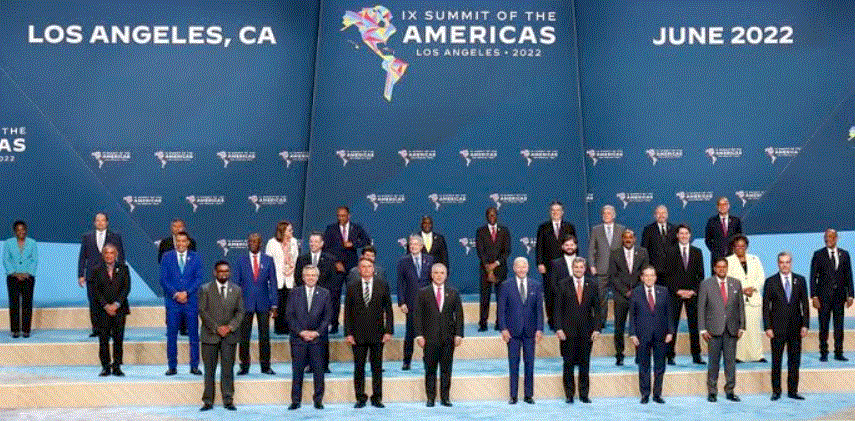
Leaders from twenty-three countries in the Western Hemisphere attended the IX Summit of the Americas last week, focused on “Building a Sustainable, Resilient, and Equitable Future.”
The Summit sought cooperation around shared challenges, such as economic recovery, climate change, health and migration. It is the progressive agenda of the “vegetarian left” promoted by the US administration of Joe Biden (2020-2024) nationally and internationally. In it, he reconsiders the Washington Consensus (1989) ―macroeconomic stabilization, trade liberalization, reduction of the State and expansion of market forces within the country― in favor of policies that seek to bring new rules to international trade and use public investment to address issues such as income inequality.
The proposed new approach, based on the cornwall consensususes the power of international agreements to create high-level, shared labor standards; establishes commitments on clean energy and decarbonization goals; develops systems to build more resilient global supply chains; and assumes a shared approach to corporate tax and anti-corruption regimes.
The “carnivorous left” ―does not believe in reform but in revolution, distrusts bourgeois democracy and wants to slowly replace it with a system of enormous concentration of power that is eroding private property and that evidently sees freedom of the press as a threat―, represented at this Summit by the Foreign Minister of Mexico and the President of Argentina, focused on demanding the exclusion of three of its fundamental members: Cuba, which reiterated not to return to the OAS in 2009; Venezuela (Nicolás Maduro) and Nicaragua, who withdrew from the regional body in 2017 Y 2021, respectively. This carnivorous left had no interest then in evaluating and discussing the opportunities and initiatives proposed by the host, the United States.
It remains anchored in the 19th and 20th centuries, when Simón Bolívar, the Liberator, proclaimed that “the United States seems destined by providence to plague America with misery in the name of freedom” and Porfirio Díaz, president of Mexico from 1876 to 1911, He referred: “Poor Mexico, so far from God and so close to the United States.”
Furthermore, Cold War memories of support by US governments for Latin American dictatorial regimes that faced Marxist-Leninist guerrilla warfare have not been overcome by the continent’s carnivorous left.
In the last five years of the 21st century, the United States has ceased to be the world’s policeman, to impose democracy by force. The experience of Afghanistan reinforces this US policy. Because the Kremlin’s support for Ukraine in the war is a struggle to defend Western values against the imposition of the nostalgic imperial vision of Vladimir Putin. In addition to passing the bill for her alleged interference in the 2016 US presidential election. Hillary Clinton’s defeat was very painful for the Democratic Party, so sooner or later the rematch would happen. The White House, indicated Secretary of Defense Lloyd Austin, has set out to “weaken Russia to the point where he can’t do the kind of things he’s done [hasta ahora para socavar la democracia y los valores de la cultura occidental]».
An event with a vision similar to that of the Summit occurred three weeks ago in Japan. The Biden administration met with Australia, Brunei, India, Indonesia, Japan, the Republic of Korea, Malaysia, New Zealand, the Philippines, Singapore, Thailand and Vietnam ―representing 40% of the world’s GDP― to launch the Indo-Pacific Economic Framework for Prosperity (MEIP).
MEIP governments believe that much of their success in the coming decades will depend on how they harness innovation – especially the transformations taking place in the clean energy, digital and technology sectors – while strengthening their economies against a host of threats, from fragile supply chains to corruption and tax havens.
The framework focuses on four key pillars: the connected economy, the resilient economy, the clean economy and the fair economy that allows establishing high-level responsibilities to consolidate the economic commitment in the Indo-Pacific region.
The governments of the MEIP align their efforts to reduce inequality with the same vigor in the international sphere as in the national one; while Latin American governments isolate themselves, strengthening protectionism, seeking bilateral agendas. And at the Summit of the Americas they missed the opportunity to develop an economic framework for the region. They got involved in a fight between the left, “the carnivorous” against “the vegetarian”, with which we will continue to have lost decades in which “inequality It will continue to be endemic in Latin America and the largest in the world.”
